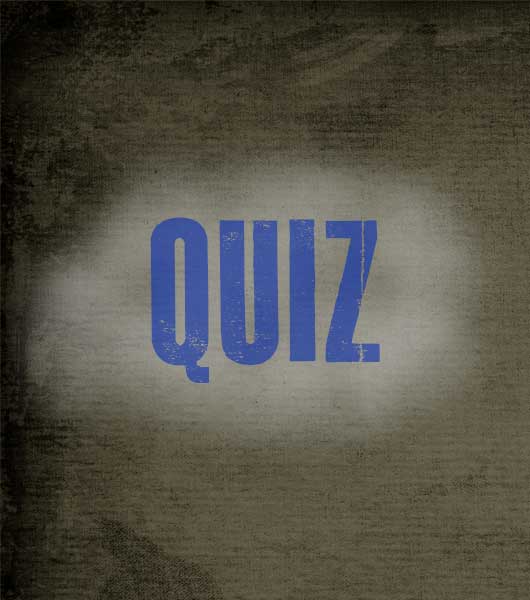English III-dr. Kimberly Handy-august 15, 2014
- CCSS.ELA-LITERACY.W.11-12.2
- CCSS.ELA-LITERACY.SL.11-12.1.A
- CCSS.ELA-LITERACY.SL.11-12.1.B
Submit
2.
What first name or nickname would you like us to use?
Submit
Submit
Submit
Submit
Submit
Submit
Submit
Submit
Submit
Submit
Submit
Submit
Submit
×
Thank you for your feedback!

















